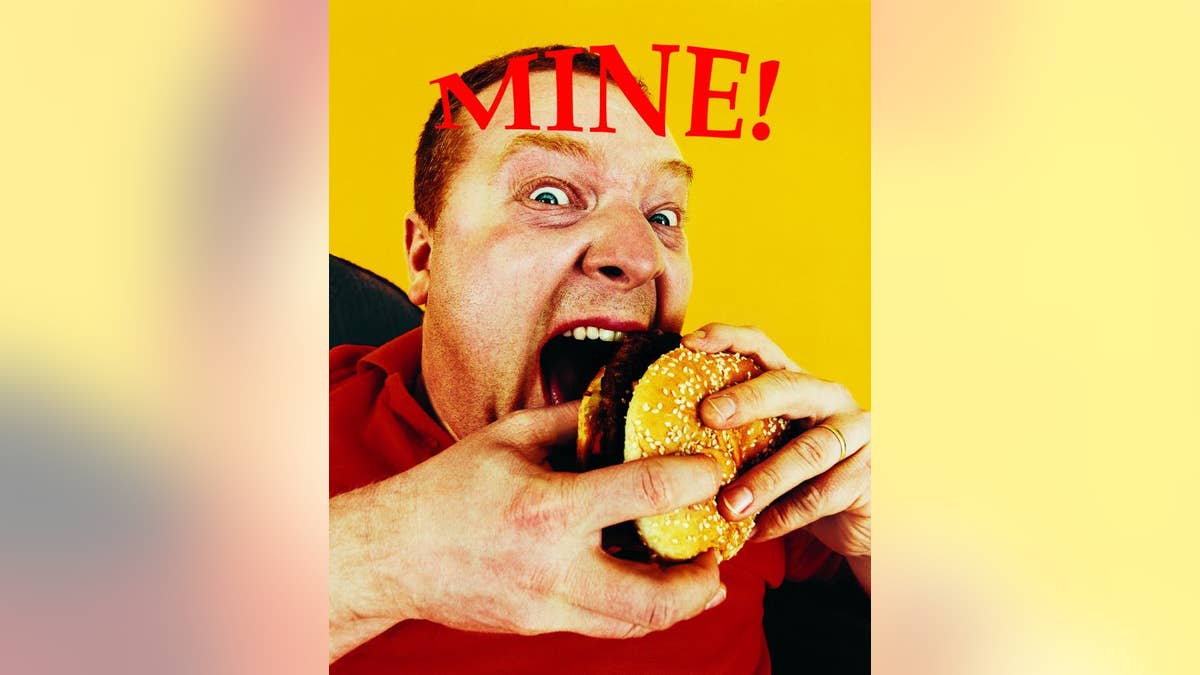
It's a scenario that happens all too often: You're dining out at a nice restaurant with friends, when all of a sudden, one of them raises a fork with the intentions of trying "just a bite" of your entree.
Most of the time, you wouldn't mind. Tonight, however, with the flu reaching epidemic proportions in some parts of the country, you'd prefer to share only laughs and witty anecdotes with your dining partners — and absolutely nothing else.
"Me personally, with a Ph.D. in microbiology — I don’t share much food with anybody," says Dr. Robert Lahita.
As the doctor explains, there's a real chance that you might also be sharing germs or viruses along with your meal. “Virally-infected saliva on forks and knives is very disconcerting," Lahita says. "I am very concerned about that during flu season." Lahita goes on to say that he finds it "very difficult to imagine sharing utensils or cups," as influenza is easily contracted from fomites, or objects capable of carrying infectious organisms.
The doctor admits, however, that it can be tricky to refuse sharing food solely because of a fear of germs. “It’s a very difficult and socially tacky topic, it really is. If it's a new boyfriend or girlfriend, you’re running the risk of alienating the person," he says. "On the other hand, if it’s your wife or children, you’re sharing your germs with them on a daily basis,” reasons Lahita.
So how can you say no without looking like a jerk? Etiquette experts know just what to do, and it doesn't involve smacking the fork out of your companion's hand.
"There’s a soft way of saying no, and there’s a harder way of saying no," says Amanita Thomas, and etiquette and dining consultant with Raleigh's House of Etiquette. "I try to say no softly," she explains.
"There's a whole psychology to it," Thomas adds. The secret, she says, is about getting your message across without making it sound like you're reprimanding your close friends.
"The polite thing to do is say 'No thank you, I’d rather not,'" explains Thomas. To cushion the blow, she then recommends quickly changing the subject.
As the director of the Etiquette School of Manhattan and an expert on dining decorum, Dianne Marsch believes that it's "inconsiderate and selfish to remove food from someone's plate without asking, no matter how long you have been friends."
Marsch believes that asking something along the lines of, "Would you like for me to order you a plate of fries? Because I prefer that we eat the meals we ordered," will promptly end any unwanted tasting. "[That] should send a clear message that you do not want to share," she believes.
And when it comes down to it, the doctor also advises diners not to share if they don't want to. "I think it’s risky, no matter how you cut it," says Lahita.
